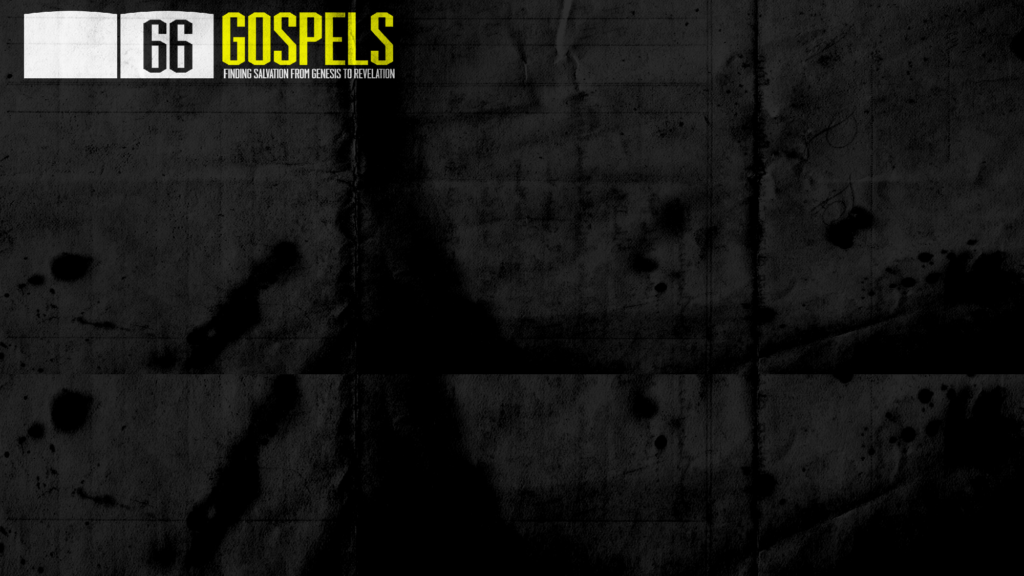The Gospel of Luke, Chapter 1
1 Forasmuch as many have taken in hand to set forth in order a declaration of those things which are most surely believed among us,
2 Even as they delivered them unto us, which from the beginning were eyewitnesses, and ministers of the word;
3 It seemed good to me also, having had perfect understanding of all things from the very first, to write unto thee in order, most excellent Theophilus,
4 That thou mightest know the certainty of those things, wherein thou hast been instructed.
The author of this book, Luke, a native of the Hellenistic city of Antioch, Syria, addresses this piece, as he does in his other work, The Acts of the Apostles, to the honorary Theophilus. The word, Theophilus, literally means “friend of God.” So he is basically addressing the Church, the body of believers in Christ Jesus. Luke is claiming here in verses 1 through 4 a divine inspiration, and an authority to address the believers, laying out certain doctrines and beliefs necessary as a basis for Christianity. Through this claim of perfect understanding since the beginning, as well as being an eyewitness, and minister of the word, this work stands as authoritative, in perfect unison with other Scriptures, as canonical in our Bibles. With this foundation, he can now claim that those who believe what he writes can know with certainty the things he presents throughout the rest of his Scripture.
5 There was in the days of Herod, the king of Judaea, a certain priest named Zacharias, of the course of Abia: and his wife was of the daughters of Aaron, and her name was Elisabeth.
6 And they were both righteous before God, walking in all the commandments and ordinances of the Lord blameless.
7 And they had no child, because that Elisabeth was barren, and they both were now well stricken in years.
8 And it came to pass, that while he executed the priest’s office before God in the order of his course,
9 According to the custom of the priest’s office, his lot was to burn incense when he went into the temple of the Lord.
10 And the whole multitude of the people were praying without at the time of incense.
11 And there appeared unto him an angel of the Lord standing on the right side of the altar of incense.
12 And when Zacharias saw him, he was troubled, and fear fell upon him.
13 But the angel said unto him, Fear not, Zacharias: for thy prayer is heard; and thy wife Elisabeth shall bear thee a son, and thou shalt call his name John.
Herod, known as Herod the Great, was the Roman king of the southern mountainous region of ancient Israel, known as Judea. During his reign, about 74 B.C. to 4 B.C., there was a priest and prophet (Luke 1:67-79) by the name of Zechariah, and his wife Elizabeth, who were in good favor with God. They had no children since Elisabeth was unable to have children, and yet, they were continuing to age. As someone who was committed to the Lord and loved the Lord, he must have wondered why he had never been blessed with a child at all, much less a son. Yet, Zechariah remained faithful to God.
As a priest, he had the opportunity to burn incense which represented God’s intercession when he went into the temple of the Lord, and while he did this, multitudes of people were praying. Then at that time, while he was in the temple, an angel of the Lord, bringing a Word of God (pre-incarnate Jesus) appeared to him. Sensing the presence the Lord Jesus Christ must have been a harrowing incident for a lowly priest. It was unusual for a father to receive a message announcing the birth of a child. For someone who was righteous, and blameless before the Lord, Zechariah was surely someone who knew Christ through his Word. So seeing this angel, later revealed as Gabriel, standing before him, he knew exactly who he represented, the Holy and Righteous God. The fear he must have felt would have been immense. It would have made him feel so worthless, for he knew he was a sinner and deserving of God’s wrath. But God, with all his power, and might, and wrath, is also merciful, and graceful, and in his infinite wisdom, he pours out his mercy and grace on Zechariah and his wife, and answers their prayers. The angel tells him that his wife shall bear him a son, and his name shall be John. The mighty God has chosen Zechariah to be the father of John the Baptist.
Remaining faithful to God, even when there is doubt or no understanding, has more than benefits. Our trust should be placed fully in God and his purpose. We at times, as did Zechariah, probably have our doubts, but trusting in the Lord to provide, and aligning our will with His is key to a relationship with Christ. For without that trust, that He will provide what he has decided, in his perfect wisdom, what we need, then we cannot have that relationship with him.












